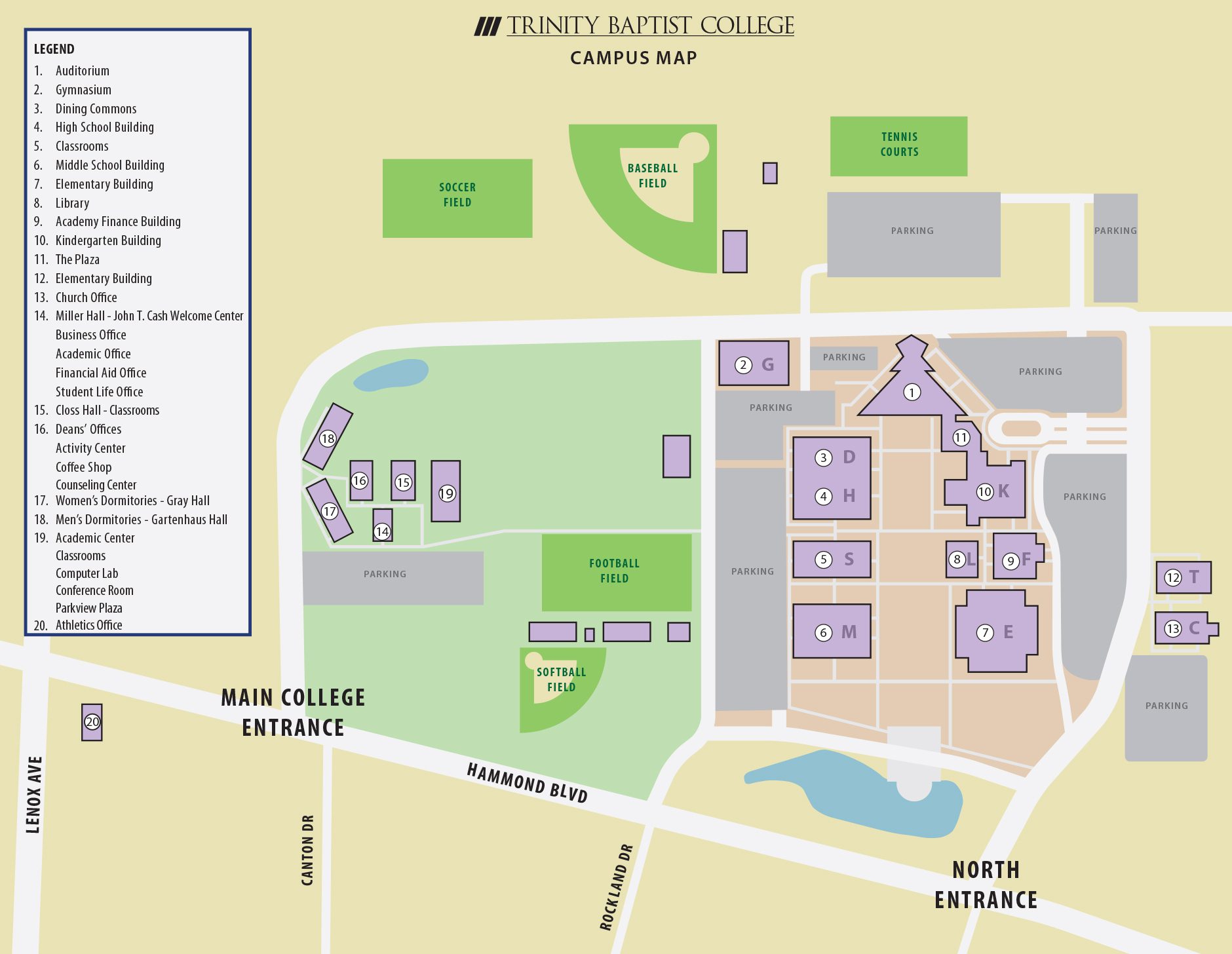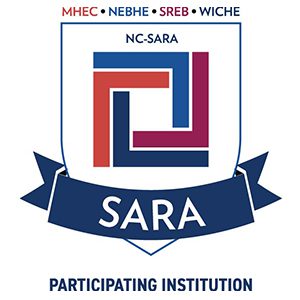3 Common Acronyms Used In Financial Aid

Financial aid is always a big topic when it comes to discussing college options.
As you begin the process of applying to college, you will notice that financial conversations tend to have a vocabulary all their own. Acronyms in particular can be intimidating when you don’t know what they stand for. In this post we will go over three of the most common acronyms used in financial aid: FAFSA, COA, and EFC.
Understanding these terms will eliminate confusion and boost your confidence.
Think of these acronyms as the text abbreviations of the financial aid world. Understanding these terms will help take the mystery out of your conversations with your school’s financial advisor.
FAFSA = Free Application for Federal Student Aid
The FAFSA is a form that enables you to determine how much financial aid you may receive from the federal government*. You can complete the form entirely online by visiting fafsa.ed.gov or you can check out their app: myStudentAid. In order to complete this form, you will need to have several documents on hand. Go ahead and view the list here so you know what to expect.
COA = Cost of Attendance
Your cost of attendance includes direct education expenses (tuition, fees, etc.) at your college of choice plus estimates for indirect expenses associated with your college education. Financial aid offices develop COAs by student classification: campus resident students, commuter students, online students, etc. All students in a certain classification will have the same COA.
Typically, your COA will include:
- Tuition
- Miscellaneous fees (registration fee, graduation fee, etc.)
- Meal plans/food
- Housing costs
- Textbooks
- School supplies (computer, printer, materials for projects, etc.)
- Transportation
EFC = Expected Family Contribution
The EFC is a measure of how much the student and his or her family can be expected to contribute toward the student’s COA for a given academic year. Your individual FAFSA results determine your EFC. (Financial aid advisors have no control over this outcome.) Each school’s financial aid office uses your EFC to determine how much financial aid you would receive if you were to attend their school. Your Federal Student Aid eligibility should be the same at all schools.
Curious to know how your EFC is calculated? Learn more here: https://studentaid.ed.gov/sa/fafsa/next-steps/how-calculated
IMPORTANT NOTE:
Be aware that no matter to which college you apply, financial aid dollars are not in endless supply. Funds are disbursed on a first-come-first-served basis.** This means that simply qualifying for a certain amount of aid does not guarantee that the funds will be available. The earlier you commit to attend a specific college, the more financial aid you are likely to receive.
We hope this helps as you move forward in your college search and application adventure. Remember that understanding financial aid terminology is key to enjoying a smooth admissions process. We wish you all the best!
Please do not hesitate to contact us if you have any questions we can help to answer. You can email us at financialaid@tbc.org or call us at 904-596-2451.
*and under which category your eligibility falls: need-based or non-need-based
**to students who qualify








Leave a Reply